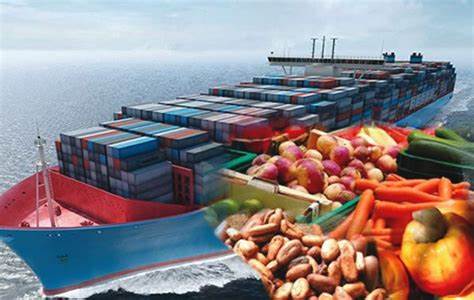The International Organisation of Vine and Wine (OIV) has said that the production of wine hit its lowest in 2023 since production began in 1961, a major reason being that the vineyards were struck by extreme weather events.
The output this year was recorded at 244.1 million hectolitres, 7% lower than last year’s output, according to the intergovernmental body as it presented its first estimates. Last year’s output was about 258 million hectolitres compared to this year.
Join our WhatsApp ChannelREAD ALSO: Top Performing Drink Producers: Nigerians Spend N900 billion On Beer, Soft Drinks
Stating that weather conditions have deeply affected the production of wine this year, the organisation which provides data to grape and wine-producing and consuming countries said: “Once again, extreme climatic conditions — such as early frost, heavy rainfall, and drought — have significantly impacted the output of the world vineyard.”
So far in 2023, a good number of major wine-producing countries have experienced a significant drop in their production. Countries from the Southern Hemisphere like Australia, Argentina, Chile, South Africa and Brazil have all experienced a drop in the output of wine production between 10 and 30 percent.
Italy lost its title of the “top world wine producer” as its output this year fell by 12%, making France reclaim first place as its production held steady.
Spain still maintained its position as the world’s third largest wine producer although its production fell by 14% and was down 19% from its five-year average.
Hopefully, if there’s any silver lining for the industry, it may help alleviate the market imbalance.
The OIV also said, “a context where global consumption is declining and stocks are high in many regions of the world, the expected low production could bring equilibrium to the world market”.
READ ALSO: Beer Sector Contribution To Global GDP Hits $555b – Report
“While the OIV speaks of extreme weather events affecting production, they have yet to definitively link it to climate change”, said Inaki Garcia de Cortazar-Atauri, a specialist on climate change impact on Agriculture, at the French National Agronomical Research Institute INRAE.
He also said that the damage in Italy vineyards was due to the farmlands not being able to absorb water as well as natural soil.
“One can observe that extreme weather events are becoming more and more frequent with heat waves or rainy periods striking certain regions and adding to existing problems like mildew”, he said.






![Breaking: Tinubu Returns To Abuja After Europe Trip [Photos]](https://www.primebusiness.africa/wp-content/uploads/2025/04/Tinubu-returns-to-Abuja-Pohotos-2-720x480.jpeg)











Follow Us